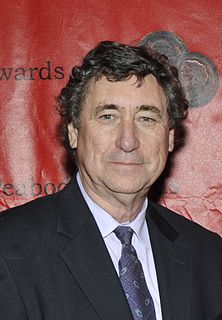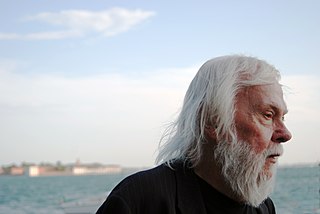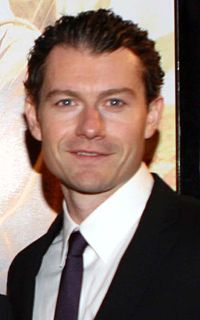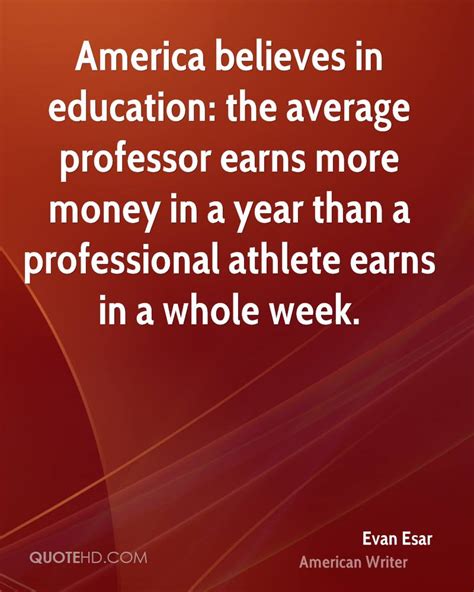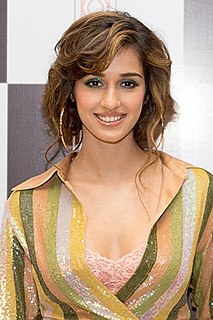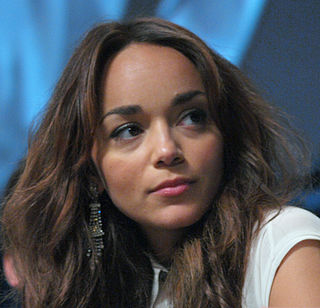A Quote by David Fanning
Movies, to a large extent, stand or fall on the strength of their scripts. But a documentary is a collection of found objects: fragments you've collected, accidents of interview and happenstance, pieces of stock footage that surface in the course of six to nine months of research and production.
Related Quotes
The idea was to take fine art and put it into the location of the movie scripts. The script itself is collage - some of the lines come from actual movies and I've written others to make the text work with the found image. In this way, the details of old dead guys' paintings (from the collection of the Städel Museum in Frankfurt, where this work will be exhibited in relation to the historical paintings) become illustrations of the movie scripts. I found this mélange of high art and Hollywood amusing.
There was no actually stock footage in "Medium Cool." I wrote the script. I wrote the riots. And I integrated the actors in the film in the park during the demonstrations. But nowhere was it like we had stock footage and then later, in editing, integrated it into the film. It was all done at the time.
I shall argue that it is the capital stock from which we derive satisfaction, not from the additions to it (production) or the subtractions from it (consumption): that consumption, far from being a desideratum, is a deplorable property of the capital stock which necessitates the equally deplorable activity of production: and that the objective of economic policy should not be to maximize consumption or production, but rather to minimize it, i.e. to enable us to maintain our capital stock with as little consumption or production as possible.
I was once being interviewed by Barbara Walters. In between two of the segments she asked me: "But what would you do if the doctor gave you only six months to live?" I said, "Type faster." This was widely quoted, but the "six months" was changed to "six minutes," which bothered me. It's "six months."
It's interesting, but because I have my own collection, I actually almost never purchase jewelry unless it's sort of playful, whimsical pieces that are more fashion, a little less investment-oriented. Most of my personal jewelry collection is from my own collection. The pieces that get layered in tend to be gifts from my husband.
